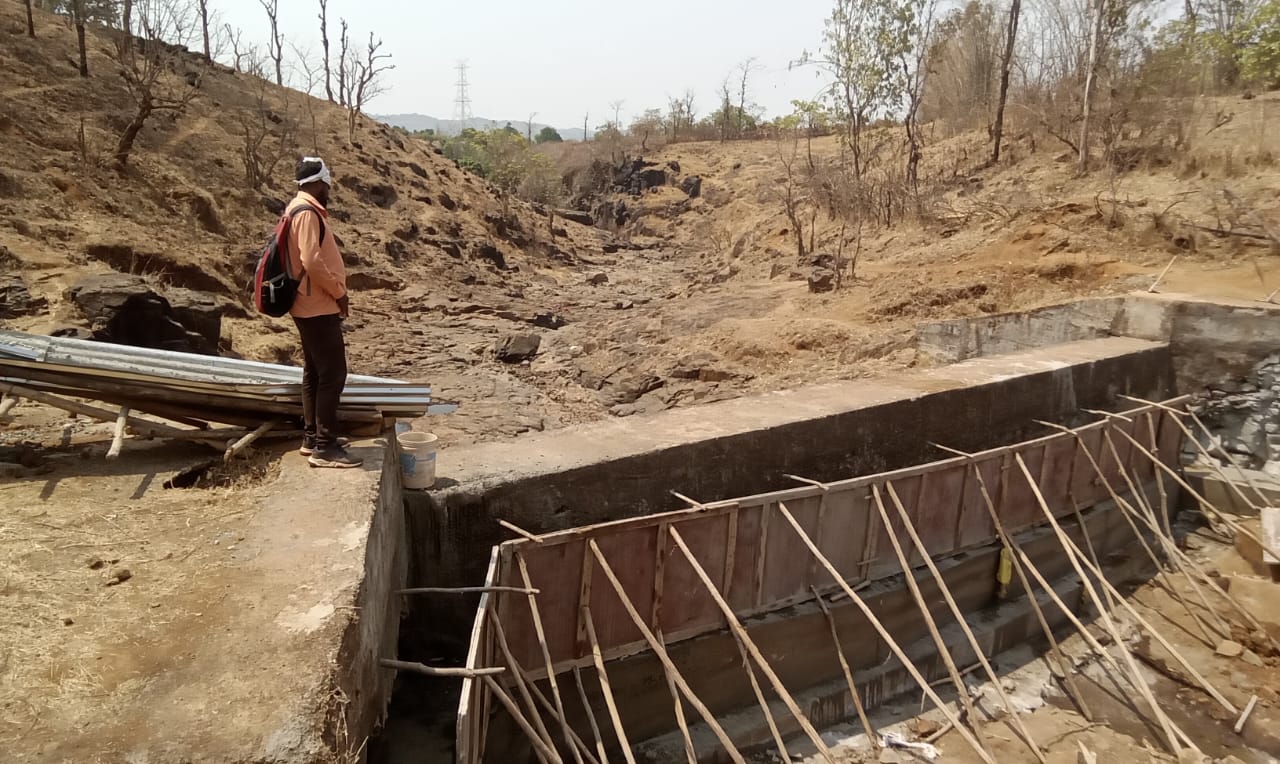Progress report for
Catch every drop to eradicate water poverty and water slavery

Achievement at a glance
Water security and making rural villages water positive is at the core of our work at Raah Foundation. We are committed to make 290 villages water positive by 2030 and contribute to UN SDGs in our areas of interventions. We are glad to report that our work is on track.Un till 2023 we had made 110 villages water positive creating a rain water harvesting capacity of over 1000 million litres. In 2024 we had planned 15 villages and we are happy to report that we will complete making 15 villages water positive this year. This entails creating rain water harvesting capacity of over 10 million litres. This has directly benefitted over 7,500 people from indigenous tribal communities. Our work got a lot of recognition from the local government and we are also co-creating several projects together. This will help us scale up our work by going both wider and deeper. Our team is very excited. Our work is helping break centuries old vicious cycle of poverty and deprivation.
Year round water availability for human and cattle drinking, for sanitation and hygiene and for agriculture has been a life changer for women and girls as they are saving over 1000 hrs annually as water is now available in their own villages and they do not need to walk. Girls are able to continue their education. Saved time is being used by women to start a micro business and earn an extra income for the family. Small and marginal farmers are now earning a good income from year round agriculture as water is now available. They are leading a life of dignity in their own villages.
Our water security program has been a life changer for almost everybody from the villages. We are happy that we are able to speak about this to you, esteemed organisation.
Challenges faced in implementation
In the initial period the challenges were getting a buy in from the community for contribution in labour. Raah Foundation works on a change without charity model and it was critical that community has a skin in the game and takes ownership for the project. Once we could demonstrate the viability and feasibility of our work - it became easy to convince people.Another challenge was teaching the community to manage water efficiently. We also take a gender lens to water which means the village level water management committees needs to be gender neutral. Initially we had a big challenge of getting women to come forward and be part of this. They took time. They would also not open up and talk in front of the men folk. All this took time but we have now overcome all challenges and are happy that our efforts have become a model which is sustainable, replicable and scalable.
Next Steps
Dr. Sarika KulkarniBeneficiaries
We work in some of the most vulnerable areas with some of the marginalised communities. They are tribal indigenous peoples who are unfortunately stuck in the vicious cycle of poverty and deprivation. They are behind in several human development parameters and water stress is one of the critical reasons for their deprivation. Ironic but this is one of the highest rainfall areas. But the hydrogeology of the mountains ensures that water runs off without any percolation.
Actions
1) Creating gender neutral water management committees. These committees over and above regulating water usage also becomes guardians of the water structures. They take critical decisions about water usage. They are also educated to use and leverage government funds for maintenance and upkeep of these structures.2) Creating income opportunities for women. Women are saving over 1000 hrs annually and Raah foundation is creating livelihood opportunities for them to use these saved hours for an income. Over 1500 women are earning a good income and are confidently changing the course of their life.
3) Small and marginal farmers - Year round water for agriculture has made it possible for farmers to grow year round crops and earn a decent income. This is allowing them to live a life of dignity and also the families now live together.
